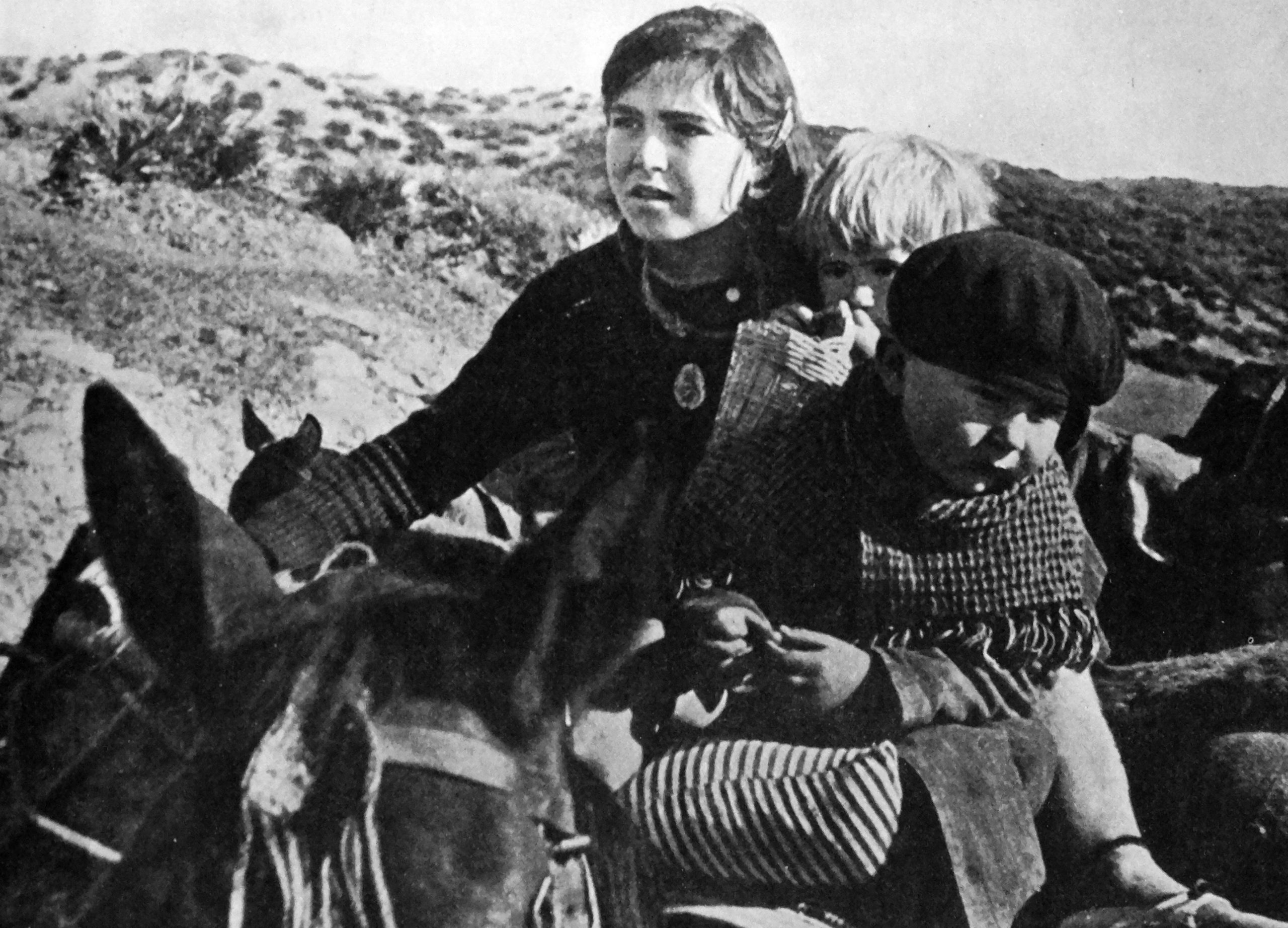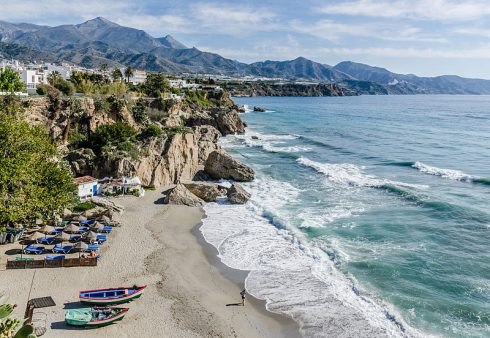THE central Spanish government of Socialist Party Prime Minister Pedro Sanchez is considering taking legal action against Vox politician Gabriel Le Senne, who is currently serving as the speaker of the Balearic Islands’ parliament.
The move comes after Le Senne ripped up a photo with images of a victim from the Spanish Civil War during a parliamentary session on Tuesday.
At the time of his actions, the parliament had just approved a proposition from his far-right party to repeal a regional law covering historical memory.
Spain’s historical memory laws are aimed at providing redress for the victims of the Civil War (1936-39) and subsequent dictatorship of General Francisco Franco.
They include measures such as exhumation of mass graves, name changes on streets that are dedicated to pre-democratic leaders, and the removal of honours and medals from Franco-era figures.
Read more: Falangists give fascist salutes as they pay homage to Primo de Rivera in Madrid
Mostly promoted by the Socialist Party and other leftist groups, the laws are deeply unpopular with right-wing parties such as the Partido Popular (PP) and especially far-right Vox.
In protest at the proposition from Vox, leftist politicians at yesterdays’ parliamentary session in Mallorca held up photos of Civil War victims from their seats. It was one of these photos that Le Senne grabbed and ripped from Socialist politician Mercedes Garrido.
Le Senne justified his actions on the basis that Garrido also forms part of the speaker’s committee in the parliament, a body that is supposed to be impartial.
He then ejected Garrido from the chamber, along with her Socialist colleague on the committee Pilar Costa.
After the incident, the leftist groups in the chamber called for Le Senne to quit from his role.
The conservative Partido Popular is governing in the Balearics but in a minority, and signed a confidence-and-supply deal with Vox in exchange for its support for the now-premier in the region, Marga Prohens.
Among the points that the PP agreed to as part of this deal was to repeal the region’s historical memory law, in order to, in the words of the agreement, ‘avoid the manipulation of history and the partisan use of victims’.








